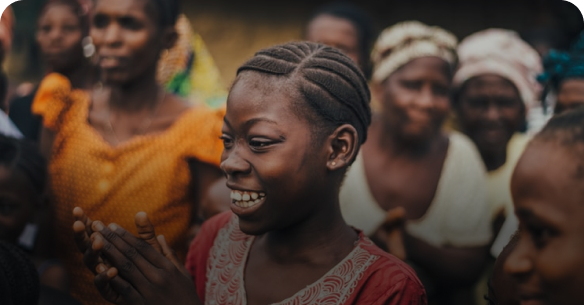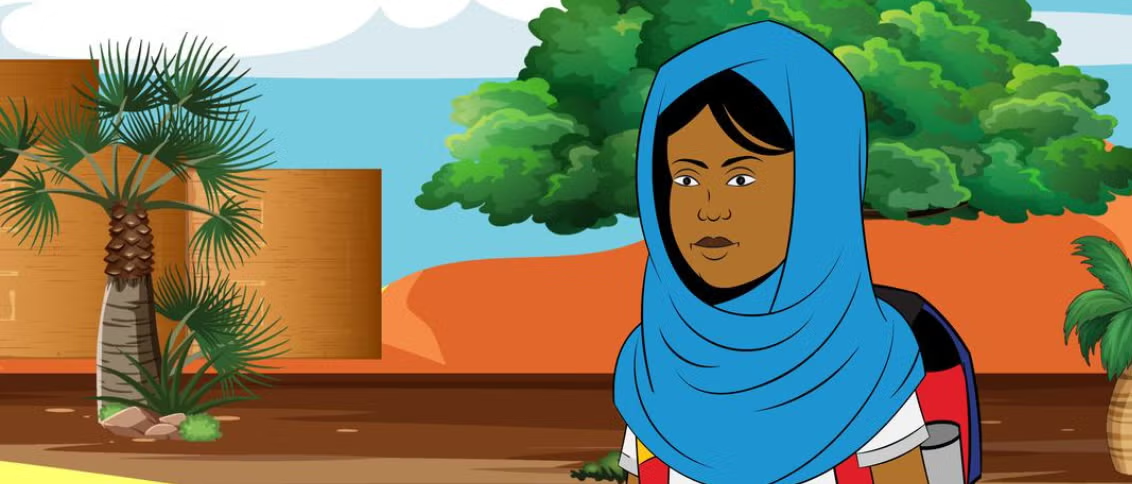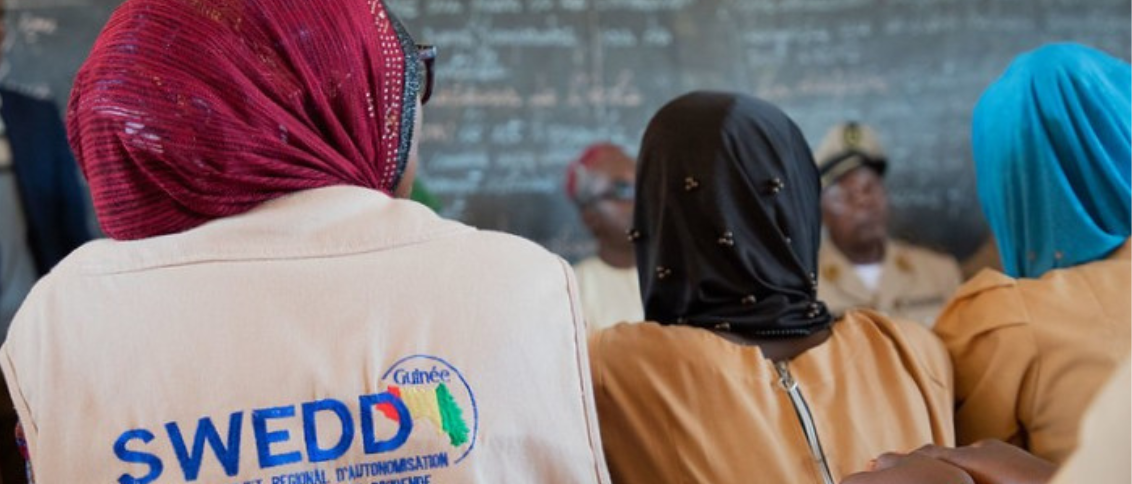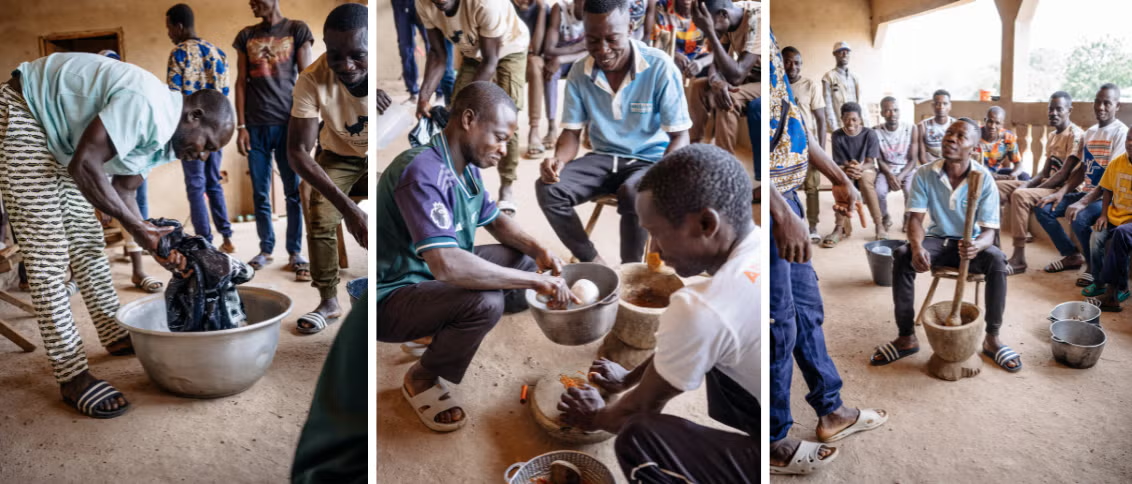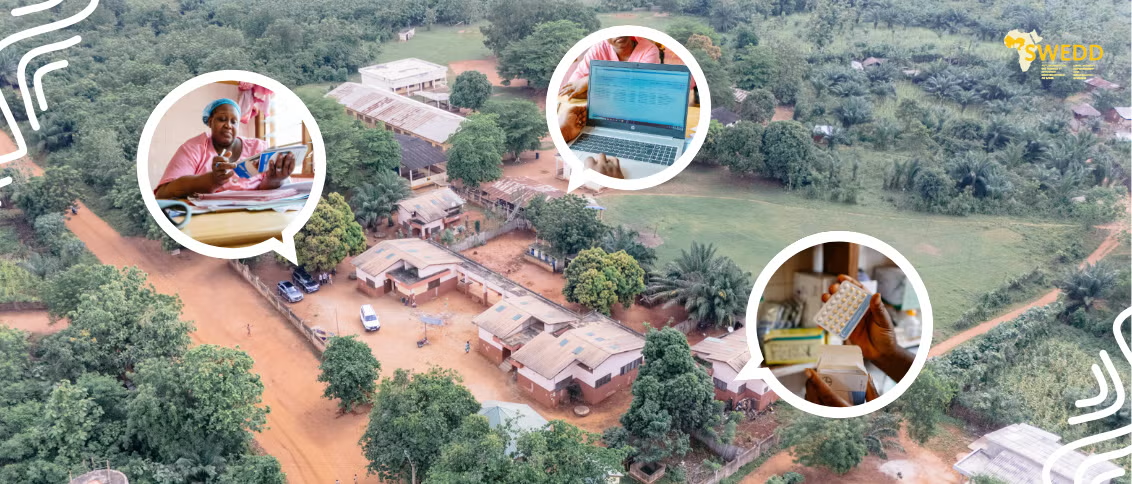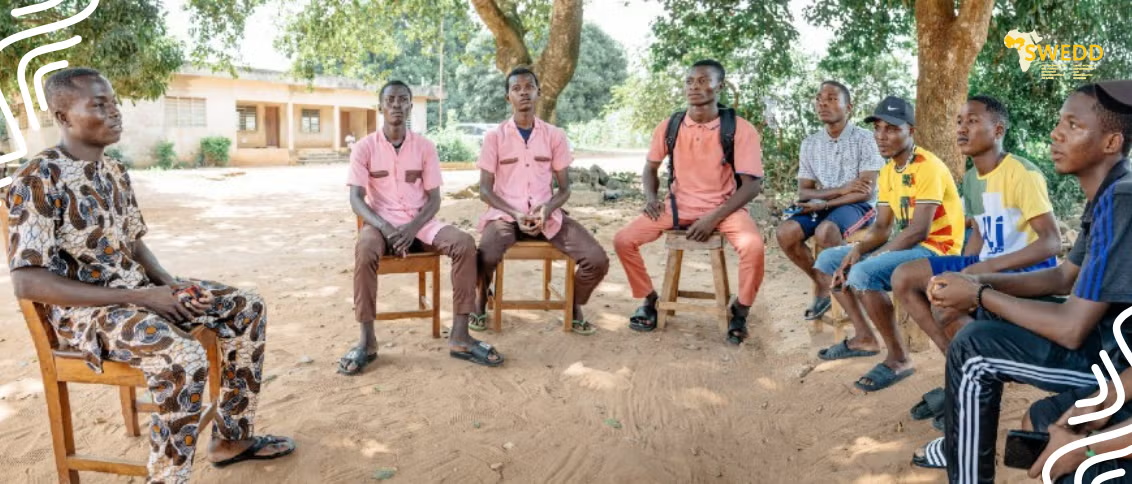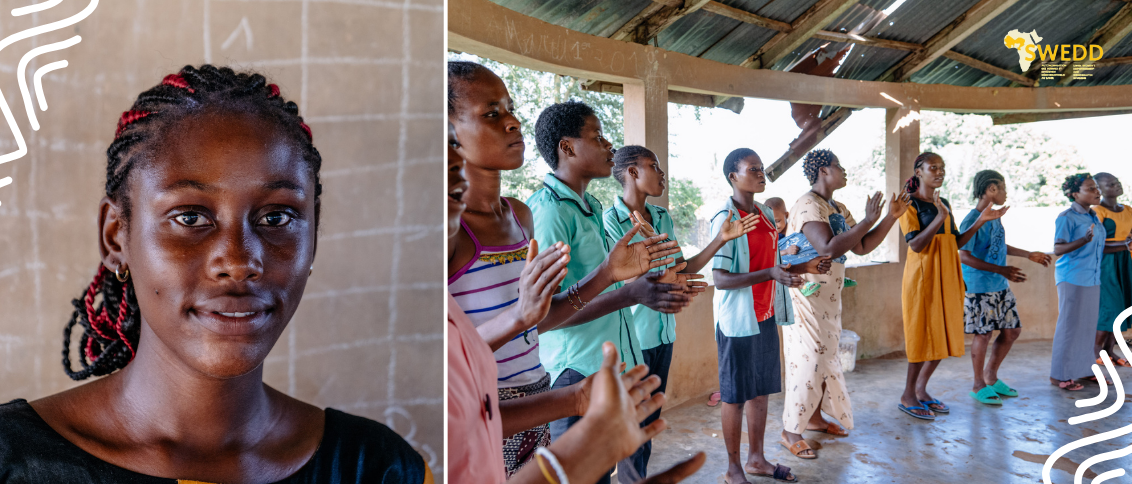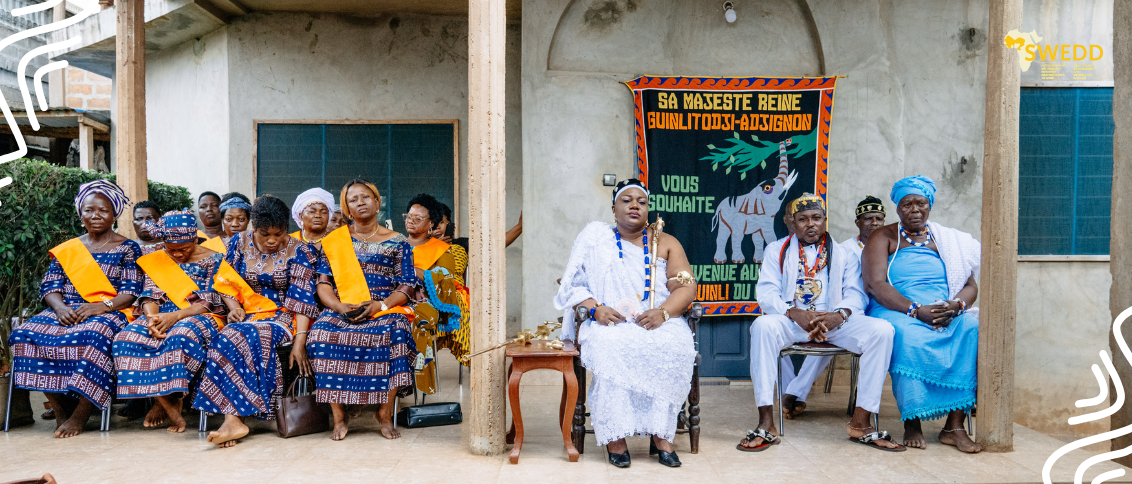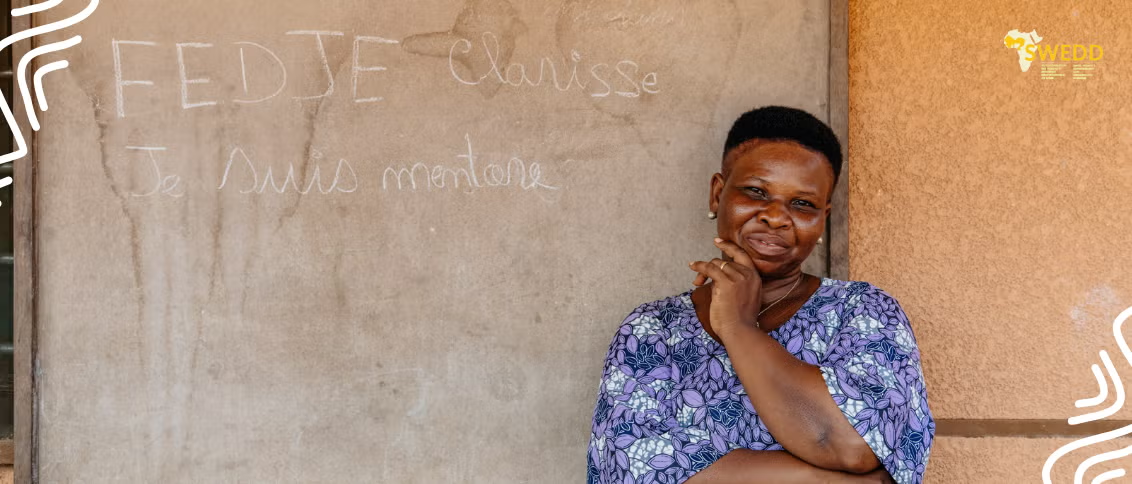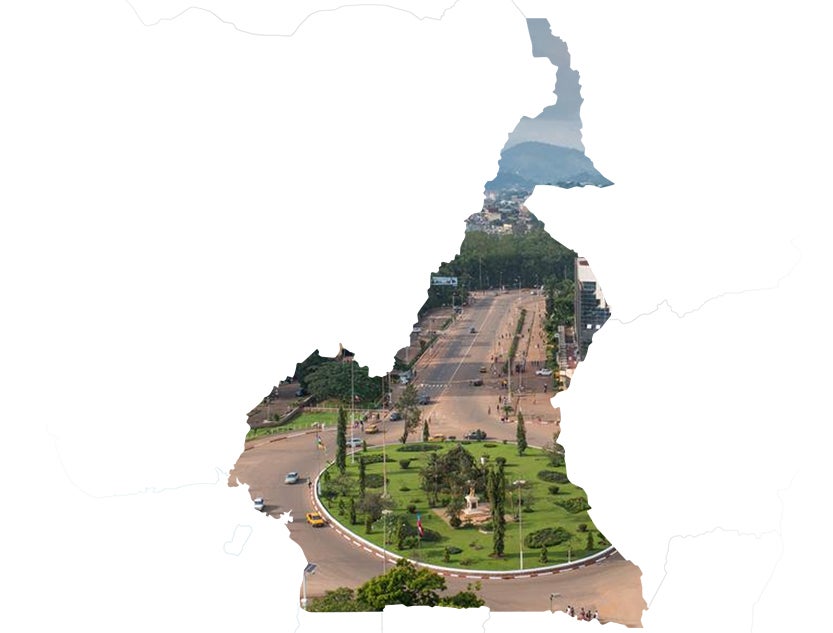
Cameroon
“Becoming empowered role models for our sisters” - Diane Ndarbawa is President of the association for better socio-professional integration of girls and women in Cameroon (AMIS Cameroun), which she founded in 2020 in Maroua Find out more
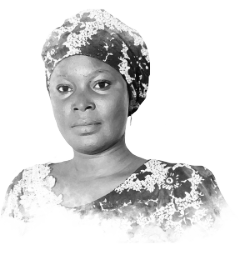
Overview
Overview
Cameroon is a long way from exploiting its human potential, a key resource for economic growth. The country ranks 132nd on the Human Capital Index (HCI) out of 157 countries. The country's HCI score is 0.39, which means that a child born in Cameroon today will have a productivity level in adulthood 39% lower than that which he or she could have achieved with a complete quality education and good health. Furthermore, it is estimated that the gross domestic product per Cameroonian worker would be 2.6 times higher if the entire population benefited from the same conditions.
In its development vision for 2035, and in line with the objectives of the SND30 (National Development Strategy for 2030), Cameroon aims to improve its human capital through a proactive policy of creating decent jobs, increasing average life expectancy by improving living conditions, improving the supply and quality of social services, controlling population growth while taking account of the requirements of economic growth, reducing the wealth gap and strengthening national solidarity and social protection for vulnerable groups. From this perspective, limiting population growth and strengthening the social and economic empowerment of women are key success factors. The implementation of the SWEDD serves as one of many tools to operationalise this vision.

